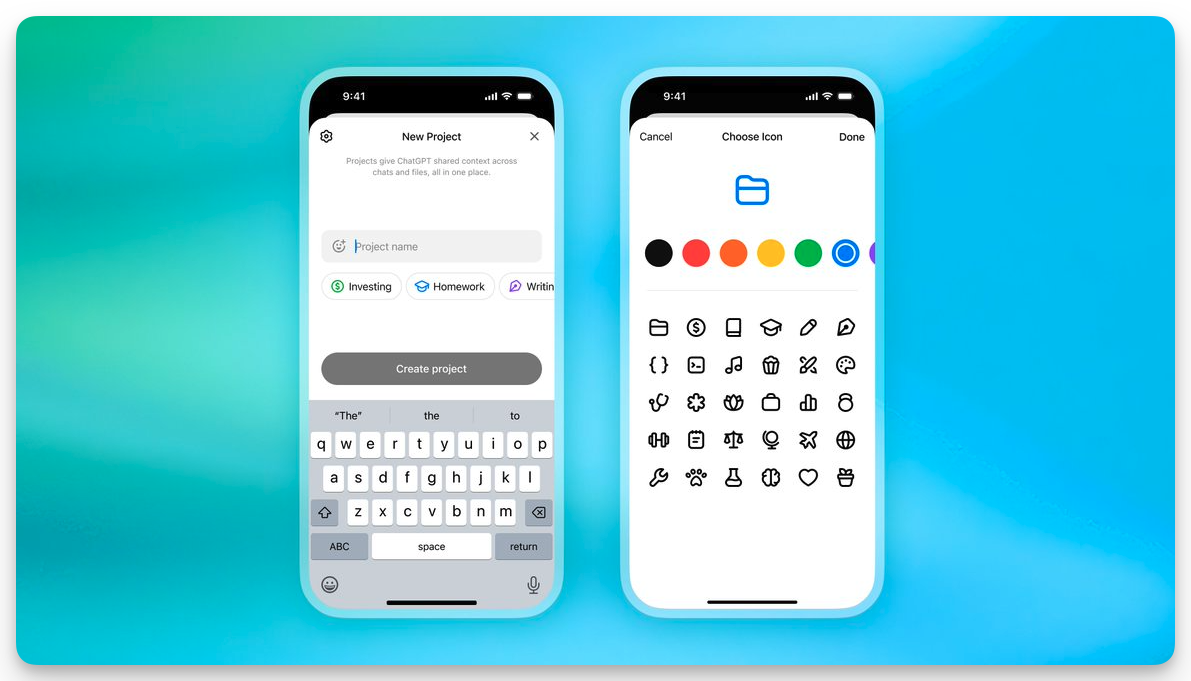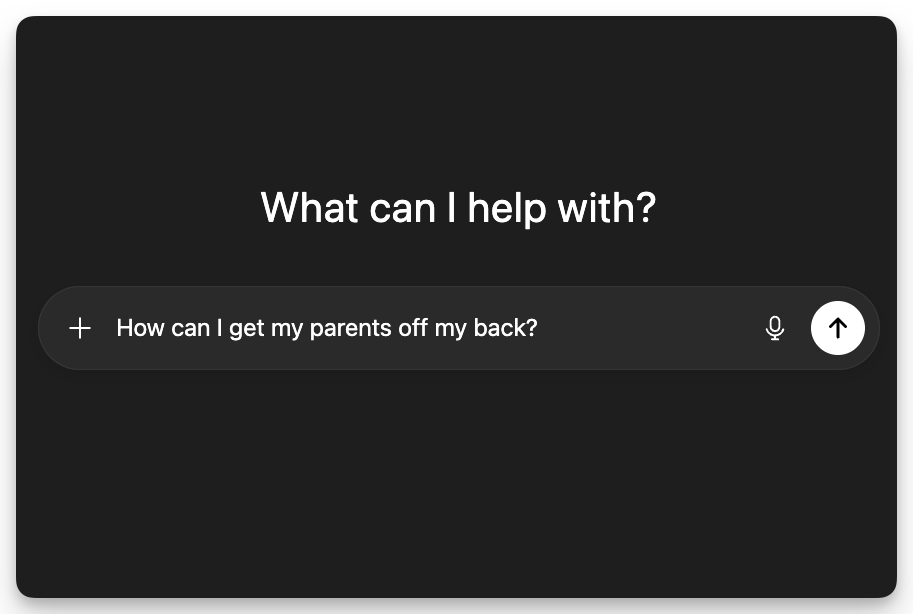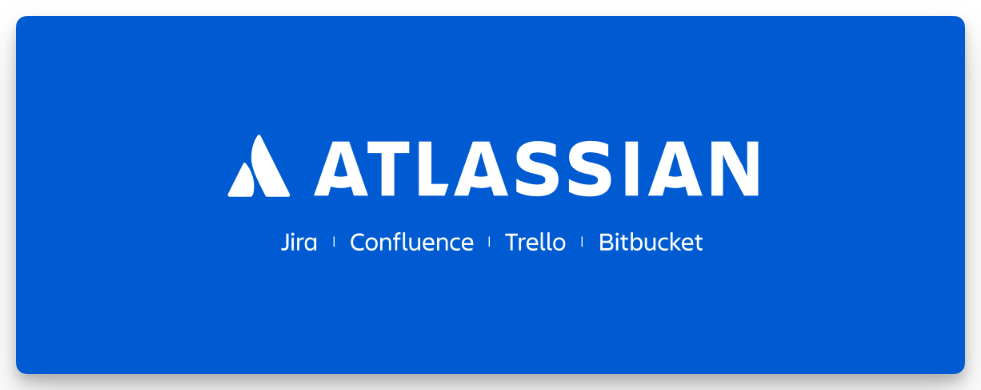Search Disrupted Newsletter (Issue 23)
Apple enters search with AI web tool, OpenAI democratizes ChatGPT Projects, parental controls arrive, and Atlassian's browser ambitions shake up enterprise search.
Apple might actually be building a search engine
After fifteen years of “Apple should build a search engine” hot takes, it looks like they might actually finally be doing the thing.
According to Engadget, Apple’s latest AI project is a web search tool that could “directly challenge Google”, though my personal guess is that this will be much more of an indirect push.
That being said, they do already have many of the pieces:
- Safari browser data
- App Store
- Maps for Local
- Apple News
- Multiple Ad Products
- And of course Siri
They’re going to relaunch Siri with a more seamless LLM backend (potentially even Google’s Gemini) that will give it much more utility. But they’ll do it in a way that leaves them the option to switch providers later (possibly even to themselves).
In any case, though, this is just one more fracture in the monolith of search.
Link: Apple’s Latest AI Project May Be a Web Search Tool
OpenAI just gave everyone the good stuff for free
ChatGPT Projects, previously a paid feature, has just rolled out to free users, making this a much bigger deal than it sounds.
Projects lets you create dedicated workspaces with custom instructions, uploaded files, and conversation history. Think of it like having a persistent AI researcher that remembers everything about your specific project.
This matters because it changes how people research. Instead of starting fresh with every ChatGPT conversation, users can now build up knowledge bases over time. Ask about “content marketing trends” today, and when you come back next week to ask about “content marketing ROI,” ChatGPT remembers the context.
For brands, this is huge. Your potential customers aren’t just doing one-off searches anymore. They’re building comprehensive research projects where AI helps them connect dots across multiple sessions, sources, and time periods.
The bigger picture: we’re seeing all the AI platforms building out ways that result in answers that are hyper-customized to the person (or project).
Link: OpenAI Rolls Out ChatGPT Projects to Free Users
ChatGPT gets parental controls (because AI is everywhere now)
OpenAI just added parental controls to ChatGPT, which is one of those “obvious in hindsight” moves that signal something bigger: AI adoption is much higher with younger consumers than you might imagine.
While there are certainly ways to abuse it, my kids are routinely using ChatGPT as an always available tutor for their classes, a tool to create study guides and debate with, and they are most certainly not alone.
The entire educational experience is being reshaped around AI tools as they’ve gained such deep traction with the upcoming generation.
This shift matters for search marketers because it means AI search is about to get a lot more… normal. Instead of optimizing for tech-savvy early adopters, consider content that works for everyone, from kids doing homework to grandparents planning trips.
The filtering implications are real, too. Your content will need to pass through increasingly sophisticated safety filters to remain visible across different user segments. What gets flagged for a 13-year-old might not show up for adults either.
The opportunity here is huge: as AI search becomes truly family-friendly, you’ve got a whole new audience that will rely on AI for everything from “help with algebra homework” to “best pizza places in town.” The brands that figure out how to serve these everyday use cases first will have a massive advantage.
Link: OpenAI is Adding Parental Controls to ChatGPT
Atlassian bought Arc browser
Atlassian just acquired The Browser Company (the folks behind the AI-focused Arc and Dia browsers), and this is way more interesting than it sounds.
Arc browser is beloved by a very specific type of user: the obsessively organized power user who wants workspaces, vertical tabs, and AI-powered everything. It’s basically productivity porn in browser form.
Now imagine that level of browsing sophistication built directly into Jira, Confluence, and Trello. Instead of your team switching between seventeen browser tabs to research a project, they get an integrated AI search right inside their project management tools.
This matters for B2B marketers because it represents a fundamental shift in where business research happens. Your potential customers won’t just be Googling “best project management software”.
They’ll be asking AI search tools built into the software they already use every day.
The acquisition signals that enterprise search is getting serious about AI integration. We’re moving toward a world where business research happens inside work tools, not in separate browser windows.
For B2B content strategy, this means optimizing for embedded AI search experiences that understand business context and workflow integration.
Link: Atlassian Acquires The Browser Company
What this all means
Looking at this week’s announcements, there’s a clear pattern: AI search is growing up.
Apple might finally challenge Google’s search monopoly (after 15 years of speculation). OpenAI is making advanced AI research tools free for everyone. Parental controls are becoming necessary as AI is increasingly becoming a family utility. And enterprise software is embedding AI search directly into work tools.
We’re not just seeing new features - we’re watching the entire search ecosystem mature and fragment at the same time.
The playbook is changing:
- Consumer search: Privacy-first approaches might actually win
- Research workflows: Persistent, contextual AI that builds knowledge over time
- Family usage: Content that works for all ages, not just tech enthusiasts
- B2B search: Embedded in work tools, not separate browser tabs
The companies that figure out how to serve all these use cases simultaneously will dominate the next phase of search marketing.
Thanks
As always, thanks for reading! Are you already thinking about how to optimize for Apple search? And what’s your take on AI search becoming “normal” enough for parental controls?
Hit me back with your thoughts. I read every reply.

p.s. It would really help me out if you could Follow me on LinkedIn




